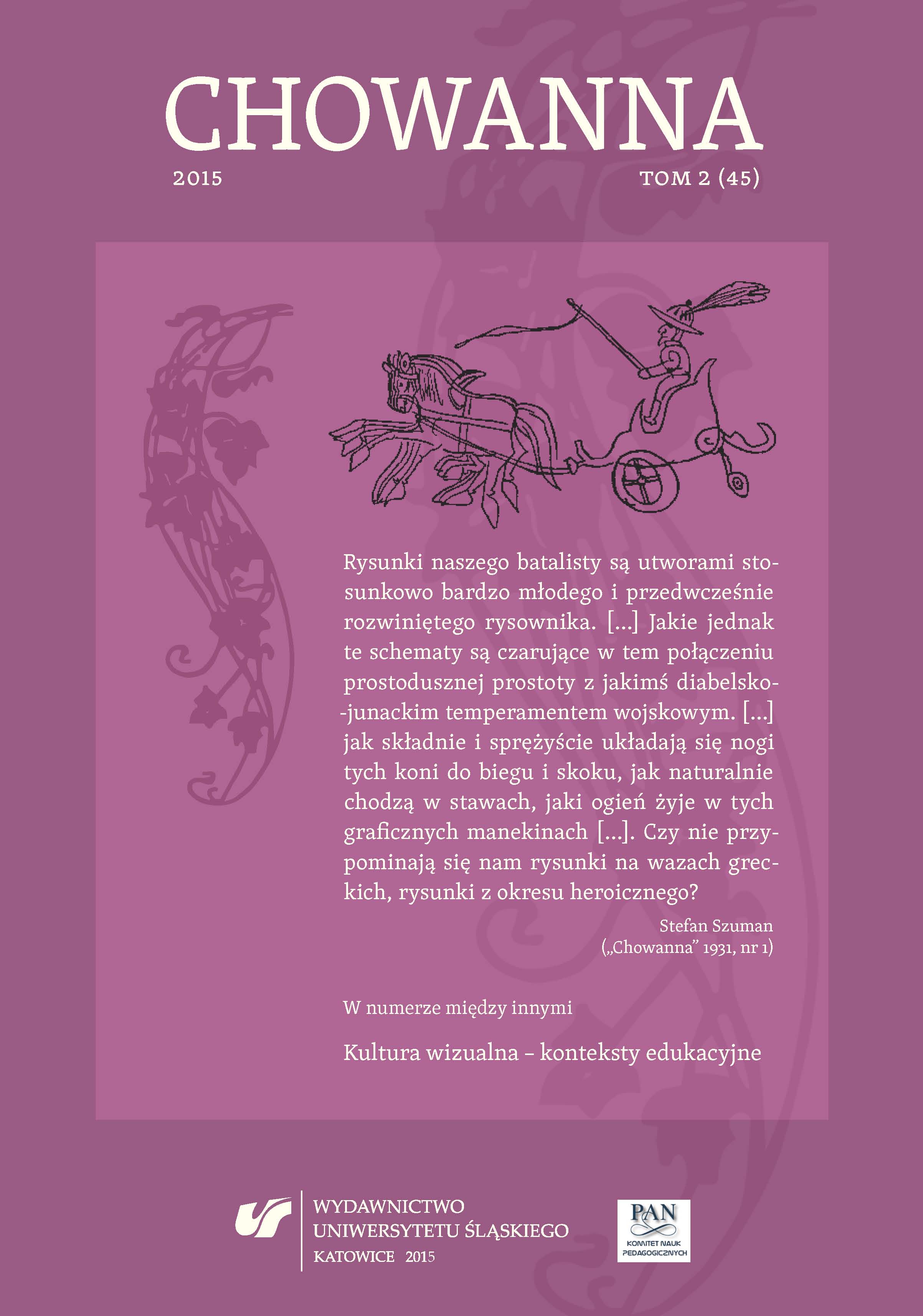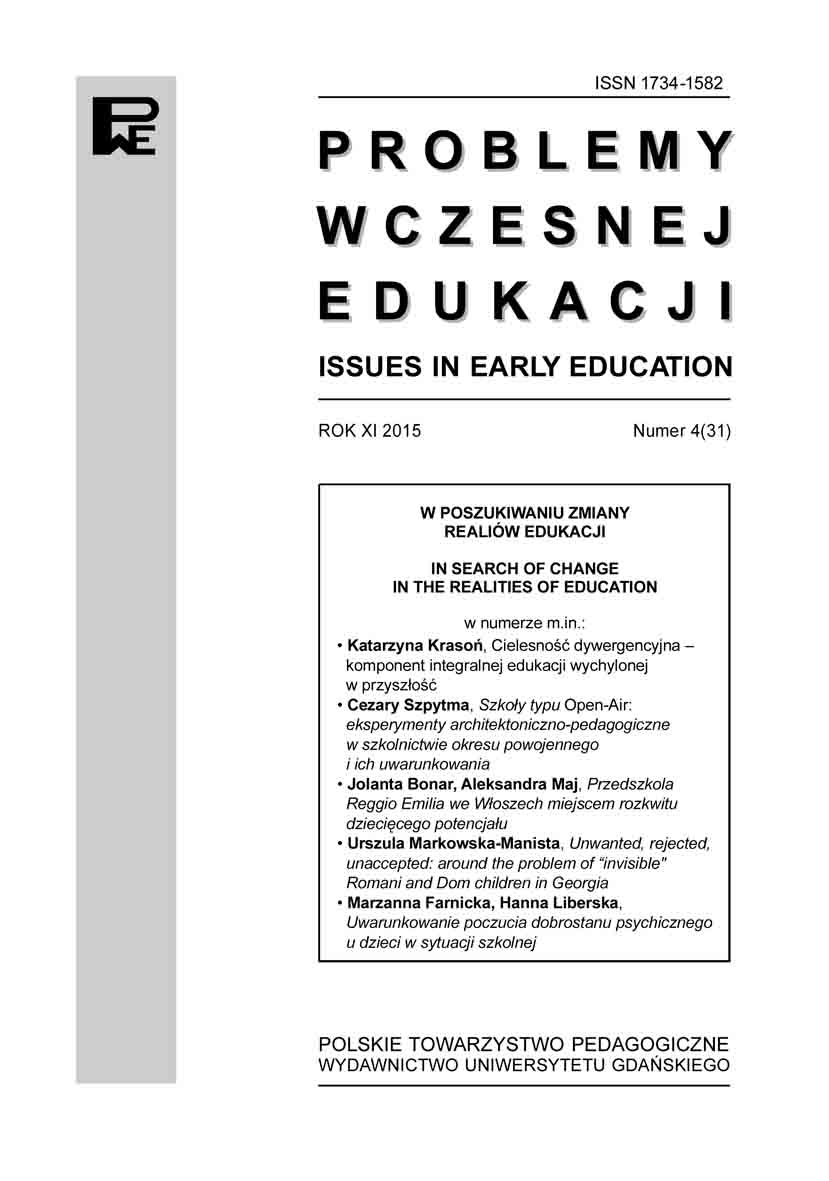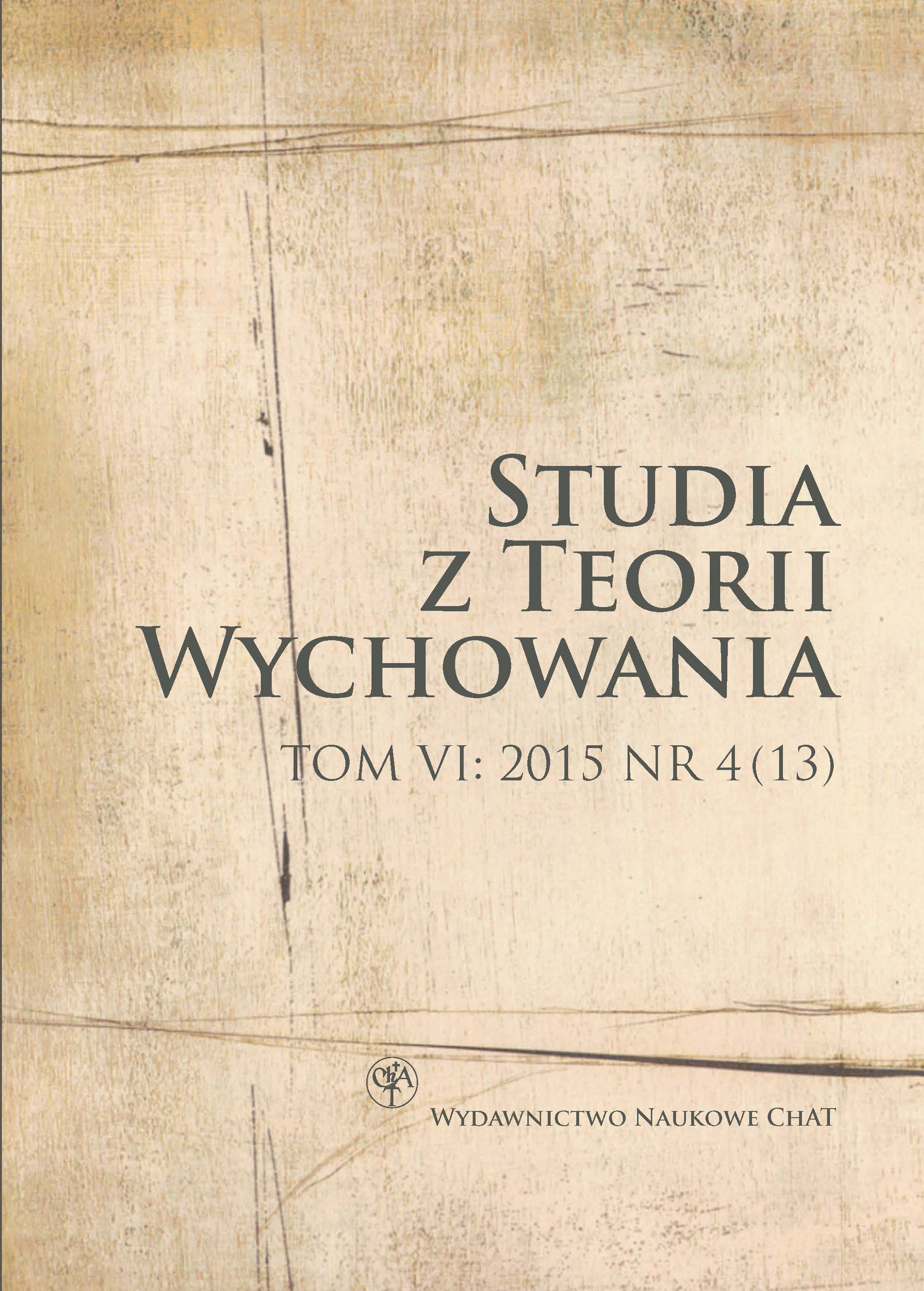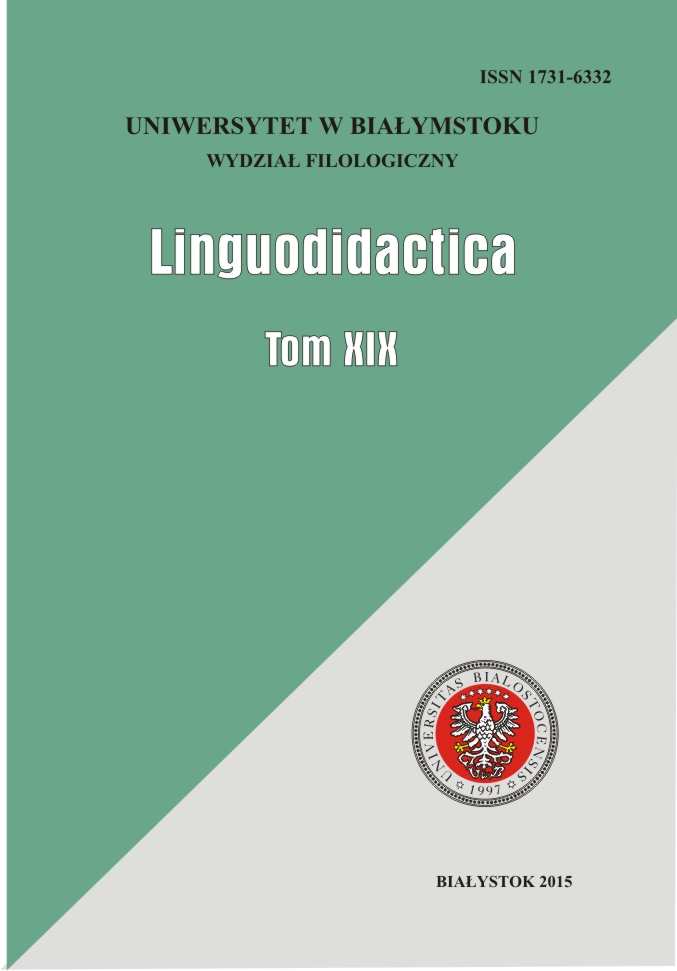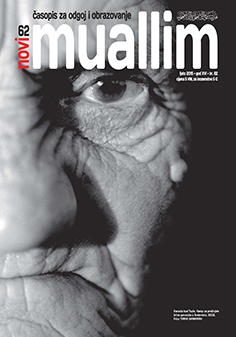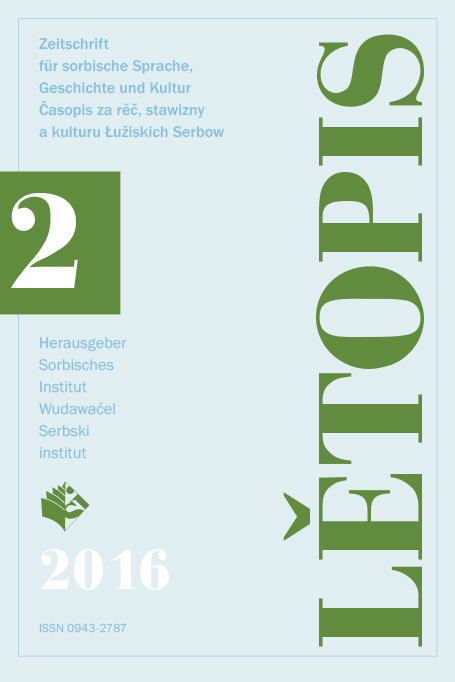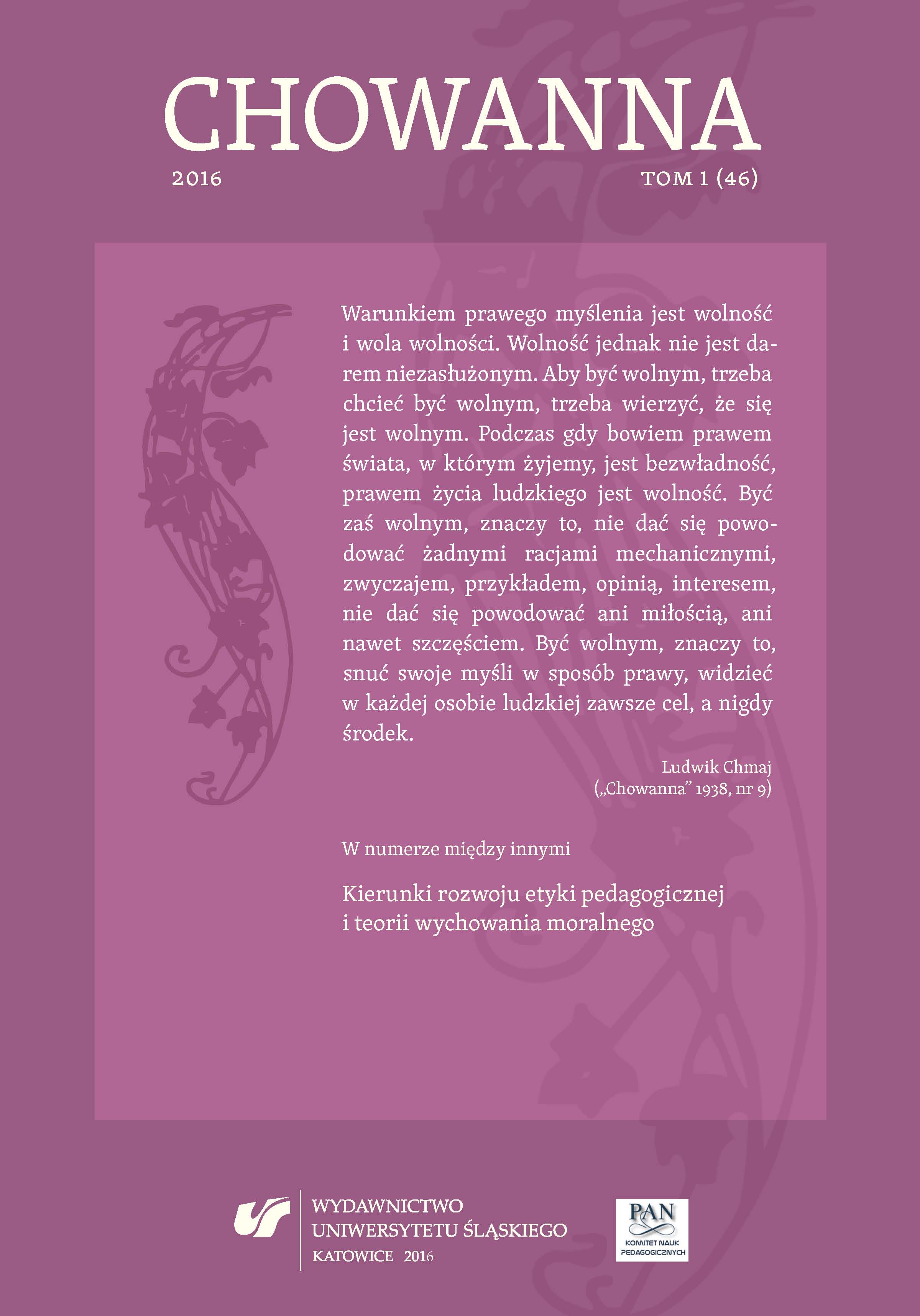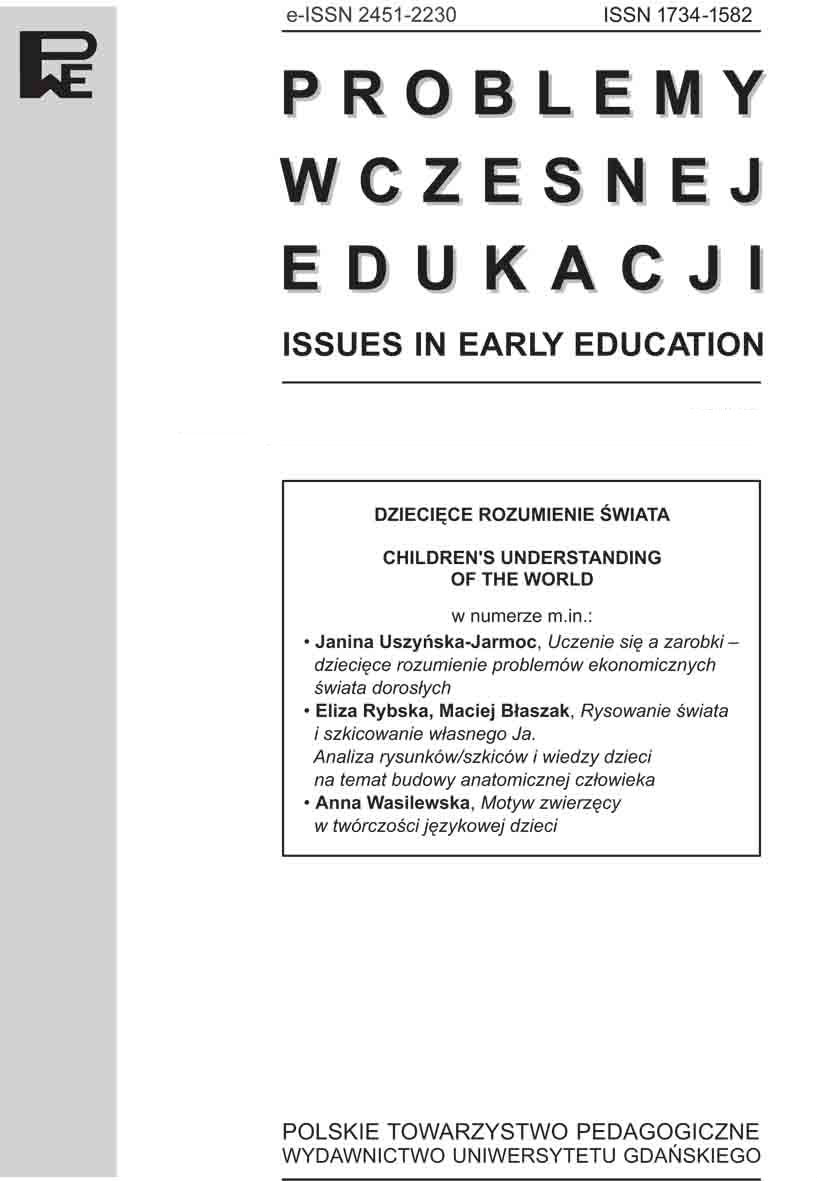Validacija hrvatske verzije ljestvice socio-emocionalne dobrobiti i otpornosti predškolske djece
The context of the institution of early and preschool education is a very important factor in monitoring, identifying, and promoting the well-being of children. Therefore, the main goal of this study was to validate the Socio-Emotional Well-Being and Resilience Scale for preschool children and to check its basic descriptive parameters. The study included N=112 preschool teachers who are observing preschool children behavior using this scale. A total of N=1792 children (939 girls and 853 boys) with a mean age of M=4.89 have been observed with regard to six dimensions: Making contact and social performance; Self-control and thoughtfulness; Self-assertiveness; Emotional stability and coping with stress; Task orientation; and Pleasure in exploration. Exploratory factor analysis with Varimax rotation resulted in a final scale consisting of five subscales with a structure almost identical to those from the original study, with the exception of the subscale Task orientation, which was not retained. Age and gender differences in the assessed dimensions showed the expected direction, with significant increases in all dimensions by age and significantly higher levels of all dimensions in girls. One specific and unexpected result was established: there was a significant decrease in pleasure of exploration between three- and fouryear-olds. The contribution of this study is exceptional due to the development of a valid measuring instrument that has applicable function as part of working with preschool children.
More...
